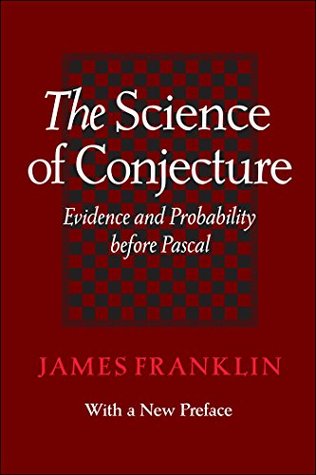Then “reasoning is dialectical which reasons from generally accepted opinions (endoxon). . . . Endoxa are those which are agreed to by all or most or the wise, that is, to all of the wise or most or the most notable and distinguished of them. Reasoning is eristic if it is based on opinions which appear to be endoxa but are really not so.”55 This passage produced an important result when translated. In the standard Latin translation of Boethius, endoxa appeared as probabilia,56 the same word standardly used to translate pithana. As a result, the formula “Agreed to by all or most or the wise,
...more
Welcome back. Just a moment while we sign you in to your Goodreads account.


